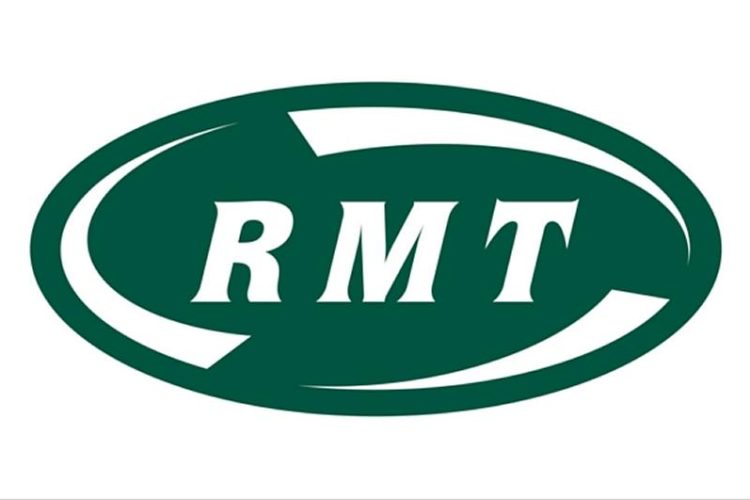RMT Opinion: 30 years of privatisation is a debacle
Posted: 6 November 2023 | Emily Budgen | No comments yet
The rail union RMT have marked the 30th anniversary of the privatisation of the railways with a new report, arguing for public ownership.


Rail union RMT marked the 30th anniversary of the 1993 Railways Act on the 5th November that privatised Britain’s railway with a new report. The report argues that the three-decade period has seen at least £31 billion leak out of the system while passengers are paying 8% more in real terms to travel on a deteriorating system.
The report argues that as a result, the private sector has taken out tens of billions of pounds from the industry ever since, benefitting the pockets of the shareholders of the host of companies that feed off what should be a vital public service.
The union called for an end to this disastrous experiment and for the creation of a single, integrated publicly owned railway company which would save around £1.5 billion every year and cut fares by 18%, helping to encourage more people back onto Britain’s railways.
RMT general secretary Mick Lynch said that the report showed that while Britain’s 30-year experiment with rail privatisation had been great for the City boardrooms, it had been an expensive debacle for passengers.
“Under privatisation the rail system has become a cash cow for the cloud of parasitic private interests that swarm around it, but passengers have got an increasingly expensive fractured railway with 55 million different fares, plagued by service cuts and cancellations, and run by people fixated with cutting staff costs,” Lynch said.
“Indeed, the governments wildly unpopular and unworkable ticket office closures plan was driven by a system that sought to protect profits at the expense of passengers,” he said.
“The U-turn on ticket office closures and the 30th-anniversary of the debacle of railway privatisation should be a turning point that leads to the establishment of a nationally integrated publicly owned rail network run as a public service, a move that would be massively popular with passengers and communities,” he argued.








